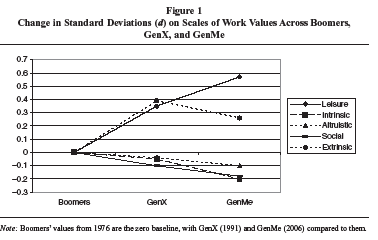Cognitive Needs of Employees are Shifting
Wednesday, November 10th, 2010 Doing cognitive design for employees is an excellent way to approach workplace effectiveness. The key is to understand how employees think-and-feel about work. What psychological (intellectual, affective, motivational and volitional) needs do employees have in the workplace? How do your HR and management services and policies satisfy these needs better than competitors? These questions are intensely important when it comes to talent management.
Doing cognitive design for employees is an excellent way to approach workplace effectiveness. The key is to understand how employees think-and-feel about work. What psychological (intellectual, affective, motivational and volitional) needs do employees have in the workplace? How do your HR and management services and policies satisfy these needs better than competitors? These questions are intensely important when it comes to talent management.
There is not likely one answer for most firms. Indeed, how employees think-feel-and-do work seems to differ along generational lines. Most large corporations have intergenerational workforces. So I am always on the look out for generational workforce studies that provide scientific insights into the cognitive needs of employees. For example, a new study just published in the Journal of Management, Generational Differences in Work Values, provides several designable insights. They analyze the intrinsic and extrinsic values that three generations attach to work. Generations include Boomers (1946- 1964), GenX (1965 – 1981) and GenMe (1982 -1999).
Big shifts are in the works. Most notable is the decline in the intrinsic value of work and the rise in importance of leisure time.
Boomers live to work and GenMe works to live.
This graph summarizes some of the details of the shift nicely:
On an HR blog I also found an interesting contrast of the motivational differences between generations. While the time frame on the cohorts are slightly different and GenMe = GenY the two studies paint a similar picture.
I do see important differences. For example, is the best reward for GenMe leisure time or meaningful work? Also, I suspect text messaging is the key communication mode for GenY.
Interested to hear from readers that have seen other empirical studies that shed light on the shifting psychographics of work.

